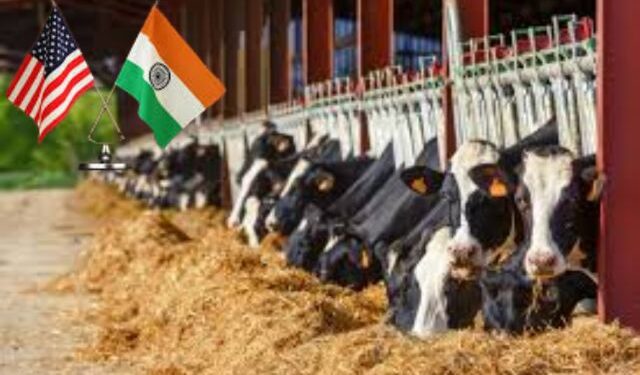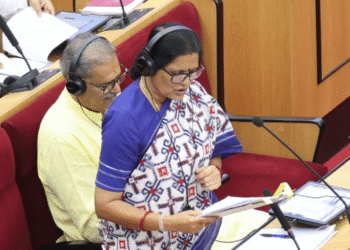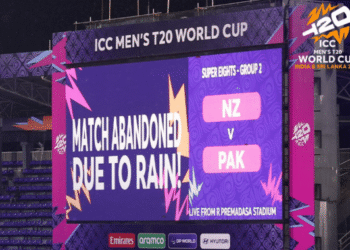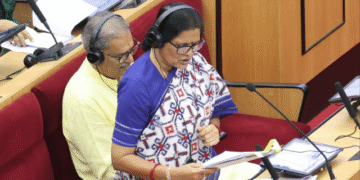India has sent a strong message during its ongoing trade discussions with the United States: dairy products will not be permitted unless they come from cows raised on strictly vegetarian feed.
This unyielding stance stems from deeply rooted cultural and religious sensitivities and aims to safeguard both domestic farmers and traditional values.
With the goal of increasing bilateral trade to $500 billion by 2030, agriculture remains a contentious point. In the U.S., cows are commonly fed animal by-products such as poultry litter, fishmeal, and blood meal. India asserts that such practices contradict its cultural norms, where dairy—milk, ghee, and curd are not only dietary but also play a vital role in religious rituals.
A senior Indian official made it clear: “There is no question of conceding on dairy. That’s a red line.” The sentiment resonates across India’s vast dairy network, which feeds over 1.4 billion citizens and supports more than 80 million smallholder farmers.
Currently, India imposes tariffs up to 60% on key dairy imports. The Department of Animal Husbandry and Dairying requires certification ensuring cows are not fed bovine-derived inputs—rules that the U.S. challenges at the WTO.
Economically, the stakes are high. An SBI report warns that opening the market to U.S. dairy could cost India Rs 1.03 lakh crore annually. But for New Delhi, this issue goes beyond economics—it’s a matter of identity and sustainability.





























